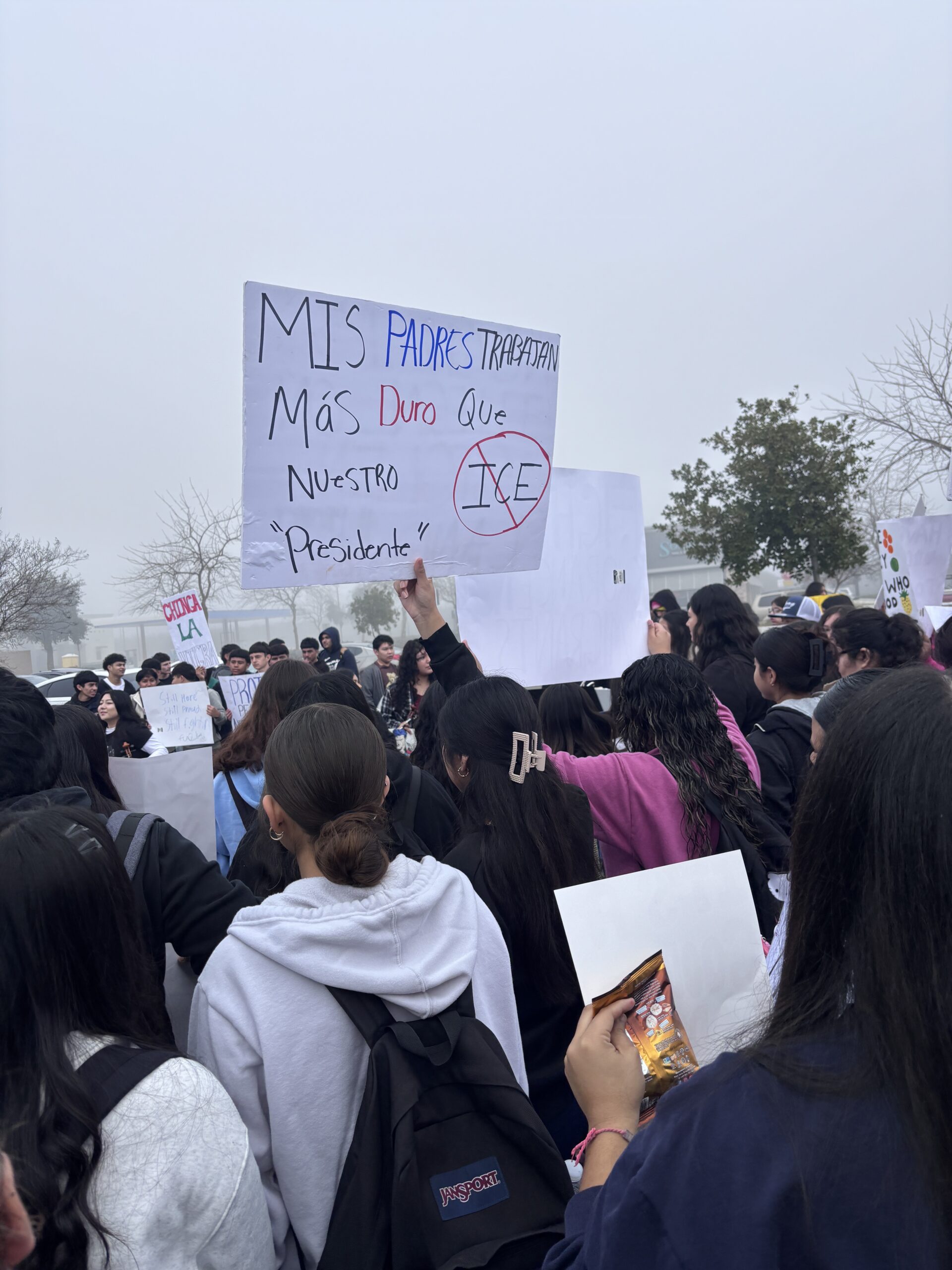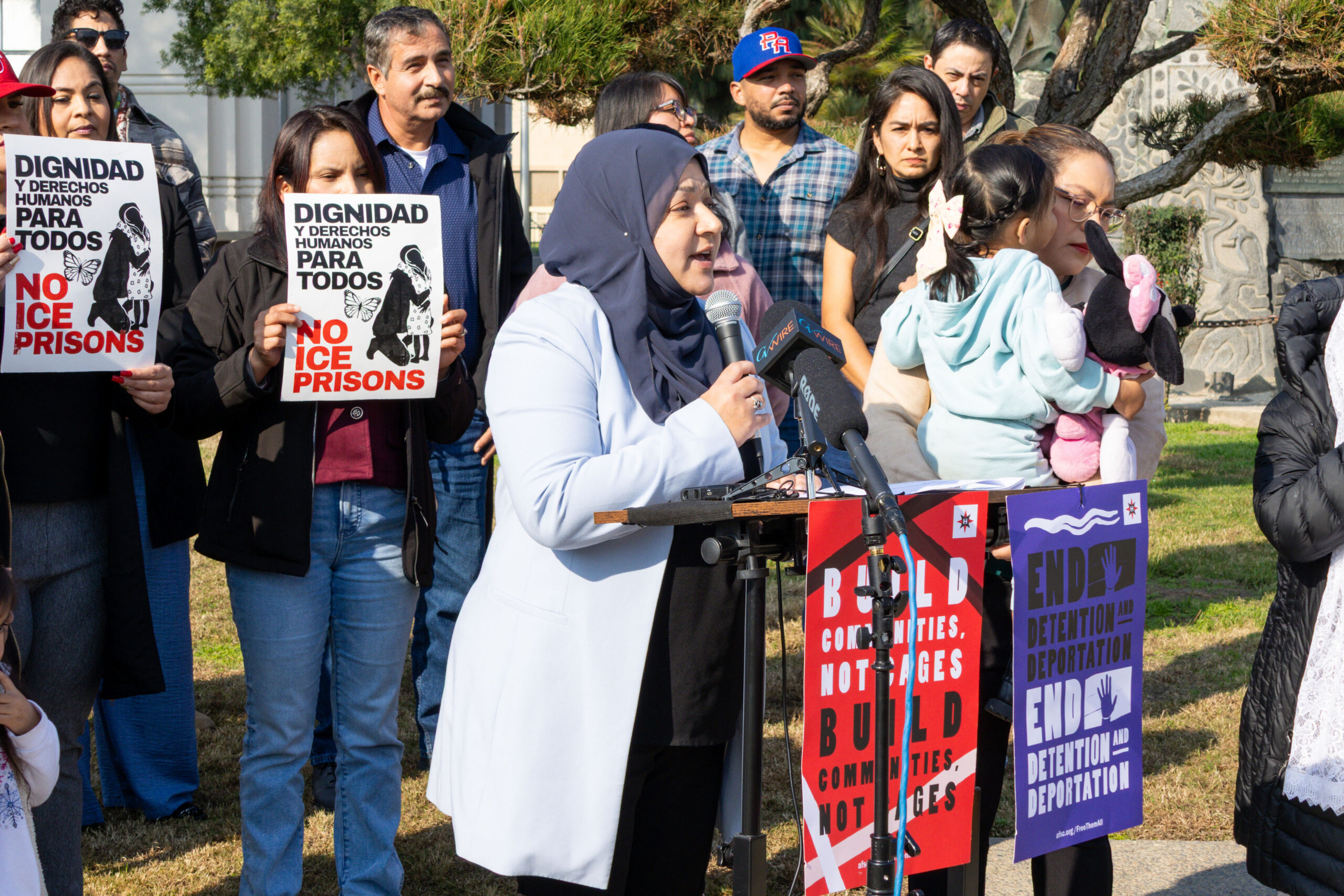Angelo Fernandez was on the verge of turning his life around for the better, but this changed when he decided to go to a Fresno discount store with his brother. As soon as Fernandez stepped into his brother’s car, four undercover police cars suddenly boxed them in, leaving nowhere to go. Frantically, Fernandez dashed out of the car and ran across the parking lot in an effort to escape. He heard no orders to stop.
Unarmed with any sort of weapon, he stumbled to the ground as a bullet pierced through his back. As soon as he fell to the ground, a pack of officers surrounded him and started yelling and kicking him. Meanwhile, police officers pressed his brother to the ground with a gun to his head. The officer’s reason for shooting Fernandez was that he was possibly armed and might commit a crime in the future. The officer said that Fernandez was going to R-N Market and would hold shoppers hostage in the store. However, witnesses saw that Fernandez was running in the opposite direction of the store.
So what was the real reason to shoot? Soon after the incident, Fresno Police Chief Jerry Dyer spoke to the public about Fernandez being a violent Bulldog gang member and that he was wanted for carjacking and firing a weapon at someone.
Mike Rhodes, editor of the Community Alliance Newspaper, covered the Fernandez case. Rhodes states he has long been aware of police violence, but has only recently started to cover it in his own reporting. “It was significant because he did not die,” Rhodes stated, referring to the Fernandez case. “Usually when police shoot someone, they say that they feared for their lives and the suspect had a weapon.”
Rhodes says people are hurt by Fresno police every day. He also mentions an incident when police officers shot and killed a mentally ill woman when she was violently hitting cars with a bat. This incident, says Rhodes, shows that police officers should have had other weapons in their tool box to destabilize her.
Rhodes thinks that police do what they do because they can easily get away with it, and there is no one in the department who evaluates what they do. To make matters worse, the Internal Affairs Unit, which investigates complaints with the department, “never finds anything wrong.”
Lt. Donald Gross, administrative Lieutenant for the Fresno Police Department, has had twenty years of experience and says that police violence in our community is not a problem.
He interprets police violence as the use of excessive force, and states that in the second quarter of 2010, the department received over 100,000 calls and only used force 146 times – less than 0.2% of the time. In that quarter of 2010, 90 officers were assaulted; in the same time period in 2011, 125 officers were assaulted. When an officer is accused of using excessive force, the plaintiff or the victim takes a receipt of complaint and submits it to the Internal Affairs Unit. Most of the accusations are considered not valid by the unit.
Local resident David Vang, 17, has lived in Fresno all his life and does not think Fresno has a problem with police violence since he has never witnessed it. However, based on his own personal experience, he has noticed that police officers are rude and ignorant. Vang and his dad were trying to pick up a mattress that they already bought. An officer was nearby, and Vang stepped out to talk to him, who was doing nothing at all at the time. The officer rudely interrupted Vang and told him to go back into the car. It was as if there was something going on with the officer, but he was just standing there. It wasn’t a violent interaction, but it shaped Vang’s opinion of the police force.
The term “police violence” is usually used to describe officers’ assaulting citizens. However, police in Fresno have recently been victims of violence as well, showing how the situation has gotten retaliatory. In one case, on September 4, 2011, a police officer’s house was firebombed by someone that was obviously upset at the officer. But it didn’t stop there. The very next day they struck again, firebombing the officer’s house once more. The officer was responsible for shooting and killing a Fresno resident that rushed the officer with a knife.
In 2009, 32-year-old Steven Vargas was shot and killed by a Fresno police sergeant. Before the shooting occurred, Vargas was driving recklessly and rammed into a parked van. When officers arrived and told him to step out of the vehicle, he refused, and police claim he reached down in a motion that looked like he was getting a weapon. That was when he was shot seven times by the police. An investigation showed Vargas was unarmed and that he had a drug, PCP, in his system. According to a CBS news report on the Vargas’ wrongful death trial, Arturo Gonzales, the attorney for the Vargas family said, “There’s a pattern of practice in Fresno of using excessive force, including shooting people without cause and we’ve identified at least 15 other shootings, just in the last 5 years, that we think were improper.”
According to Gonzales, there has been a lot of police violence in Fresno, but on the other hand, there has been a lot of violence toward police officers too. Everyone has a different perspective on police violence. But which perspective is more valid? On one side, Mike Rhodes, the editor of the Community Alliance Newspaper, takes a different perspective from the police department. Lt. Gross states that police violence in Fresno is not a problem, but the cases of Angelo Fernandez and Steven Vargas tell otherwise.
On his professional blog, Daniel K. Martin, a criminal defense lawyer in Fresno, reacted to the firebombing of an officer’s home. “We also should support the majority of officers who are honest and serve to protect our communities. Without the honest police officers, crooked ones would rule and we would have no protection.” The bottom line, Martin says, is that “We should never resort to violence against our community because that makes us no better than a dirty cop.”


